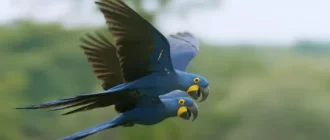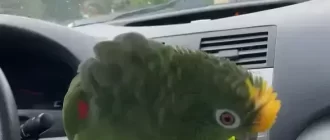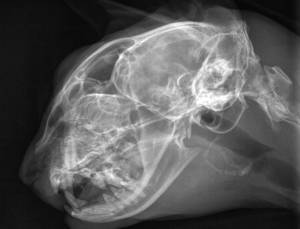If you call your dog by name, he’ll respond to you cheerfully, wagging his tail wildly and loving you. With a cat, on the other hand, the trick won’t work. You can disrupt the voice, calling your pet by name, and he will not even make a step to meet you. Why does this happen? Don’t cats know their own name and are not able to distinguish it among the main stream of words?
These questions have been answered by Japanese scientists. They decided to conduct an experiment that will help to understand whether cats are able to distinguish their name from any other word.
A scientific experiment
For their experiment, the Japanese chose several families with one or more cats. Its essence was the following: the cat was left in a room without an owner and played her an audio recording, consisting of only five words, where the first four words – the words close in sound to her name, and the last – the name of the cat itself. The words chosen for pronunciation were of the same length and accent as the fluffy cat’s own names. In the first part of the experiment, the researchers played a recording with the owner’s voice saying four words with a 15-second pause between them, followed by the cat’s name. In the other part, an unfamiliar voice would say the words and the name. Sometimes the words were not just nouns, but the names of other cats who lived in the house.
The results showed that the cats may or may not have reacted with slightly slowed breathing or ear twitching to common words. But the four-legged animals identified their name without error – some turned, looking for the source of sound, some – just moved their ears and froze in anticipation of the continuation of the call.
Scientific Conclusions
Japanese scientists are convinced that their experiment is evidence that cats understand their own name. However, to understand whether they realize that the name represents their personality, it was not possible. Some researchers suggest that cats only identify their name because it tends to be inextricably linked to affection, play or food. So if your cat doesn’t respond to his name or come to his owner’s call, it means he doesn’t have any needs that you can meet at the moment.
But whether or not Jasper identifies himself as Jasper, he knows that the word has a special meaning.
Perhaps, the cats understand that this key word will be followed by some activity in their direction, requiring them to respond: whether they should hide from the intruding child or run away and eat yummy treats.
Cafes and shelters present a different picture. There, cats do not react so strongly to their name. Most likely, it is connected with the big number of cats and not exact knowledge of their names. For example, at the cat cafe we can call Vaska, and an active Felix will run up to us. And our portion of affection will go to him. Therefore, he will associate something good not only with his own name, but in general with any name of a living nearby pet that he has already heard.
Dogs vs. cats
By the way, the researches of cats’ behavior are not carried out very often, as cats are not too eager to cooperate with humans in such situations. Dogs, on the other hand, are genetically accustomed to being trained for several thousand years to form the right behavior and obedience to the master, so research on their characteristics is more frequent and successful.
The difference in the reactions to their name in cats and dogs scientists explain the fact that the domestication of dogs began with the sole purpose – to help people in everyday life, so it was important that the dog knew his name and obey man. Cats were domesticated for no reason. Sometimes for fun, sometimes as an excellent mousetrap, and cats hunt for themselves, not needing the control of the owner. They do not need any connection with humans for that, so they are indifferent to their names and do not express their emotions so violently.
But you must remember that even if your cat doesn’t greet you with the same fervor as your dog, he loves you just as much!





